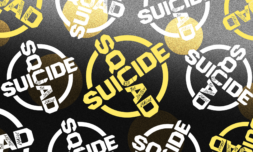A proposed ban on TikTok is making the rounds in Congress, garnering support from young people and policymakers alike. ‘If they pass it, I’ll sign it,’ said President Joe Biden on Friday. But what exactly does the ban entail?
From the moment TikTok rose to widespread popularity, US government officials have worried about the risk the app poses to data security.
As a result, a potential ban on the Chinese-owned platform has been frequently discussed over the last few years. Now, a fresh vote in Congress suggests that may finally happen.
Those backing a potential ban on the platform are concerned that the app collects user data to spy on American citizens. This is because TikTok is controlled by a company called ByteDance, which policymakers say is controlled by Chinese authorities.
Announcing the bill’s proposal, Republican Representative Mike Gallagher said, ‘America’s foremost adversary has no business controlling a dominant media platform in the United States.’
Policymakers describe the app as ‘Communist Party malware,’ which could be used to manipulate U.S. public opinion. For this reason, lawmakers are debating a measure to force ByteDance to divest in the platform by September 30th – or face a nationwide ban in the USA.
WARNING: Bill to ban TikTok would allow Biden to censor any app or website he wants.
That’s why he’s in favor of this legislation.
He doesn’t want to protect Americans — we’ve seen that by his open border policies.
Biden just wants to control Americans and censor free speech. pic.twitter.com/SlsJYwfrr8
— Paul A. Szypula 🇺🇸 (@Bubblebathgirl) March 12, 2024




















